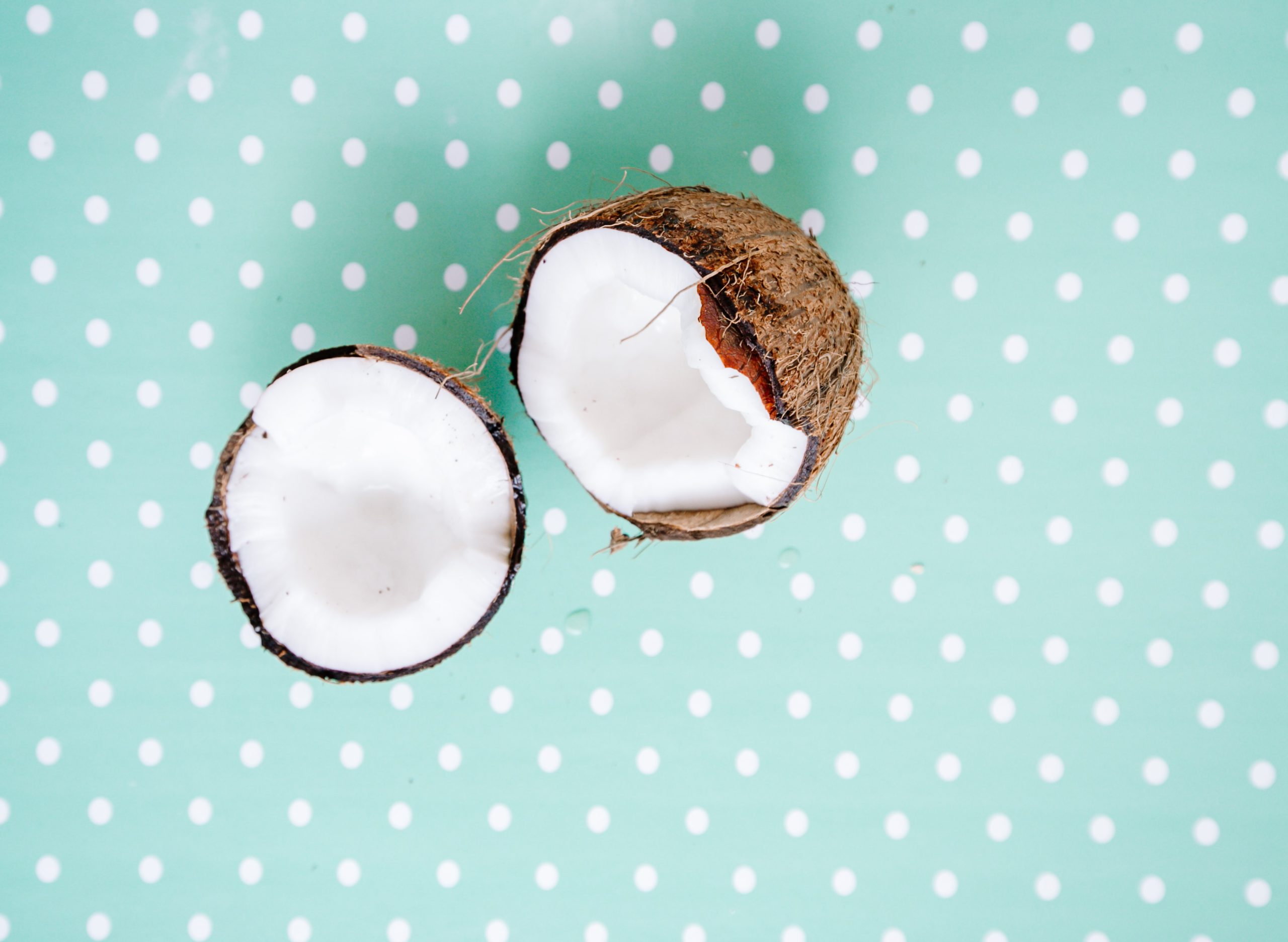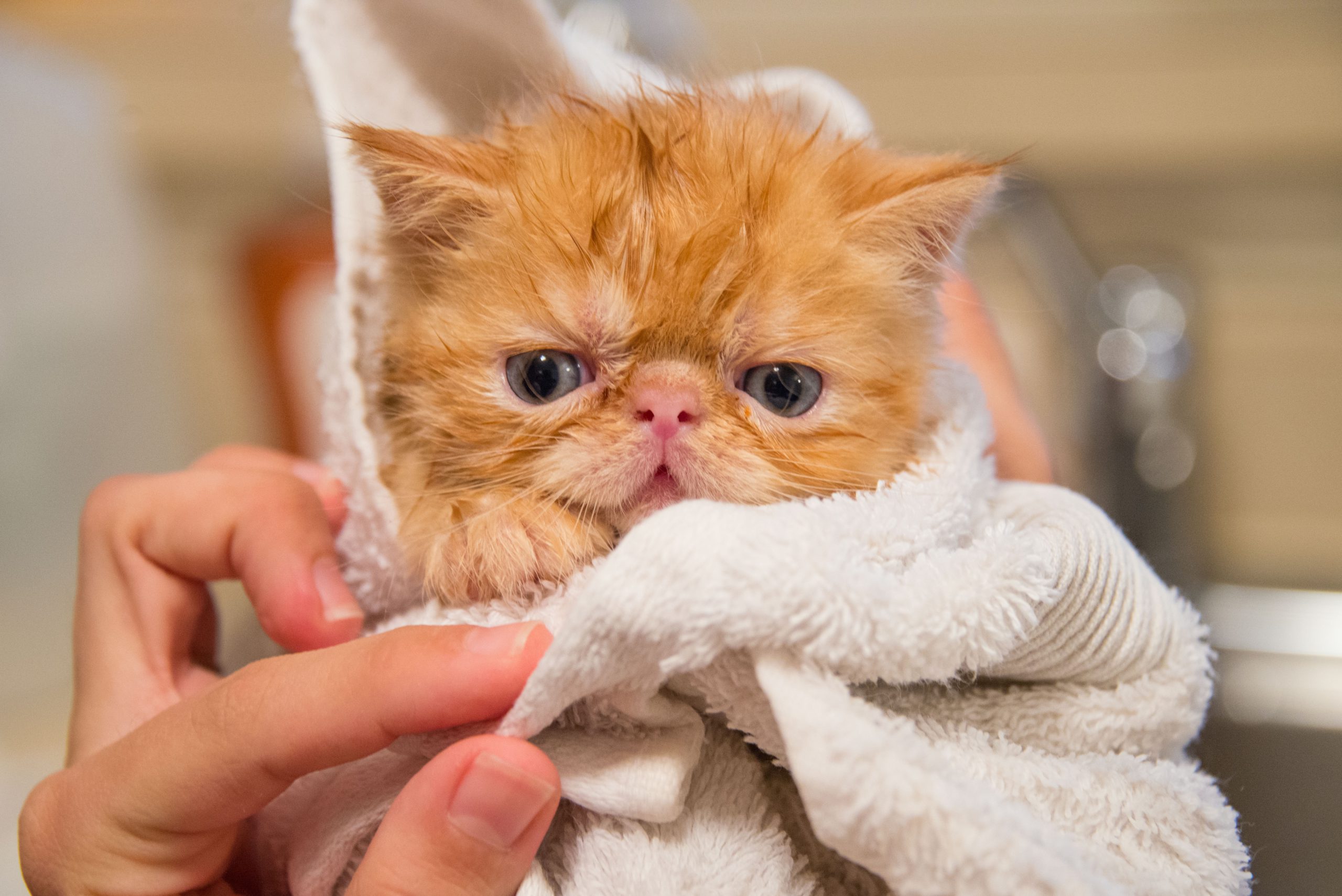
Is it true coconut can be good for dogs?Is it true coconut can be good for dogs?
January 12, 2021 0 Comments 22:55From oil to coconut meat to coconut flour, coconut in many forms can be beneficial to add to your pet’s diet. Coconut oil can reduce inflammation, improve skin troubles, and fur. Coconut flour is a great substitute for wheat, a known allergen to some dogs. Other potential nutritional benefits of[...]



